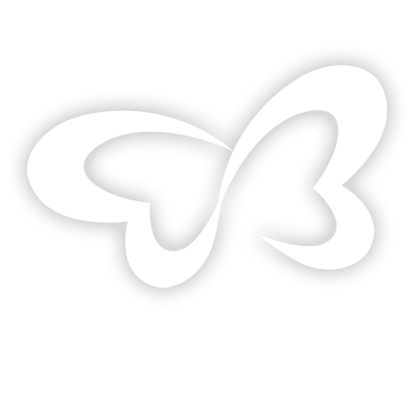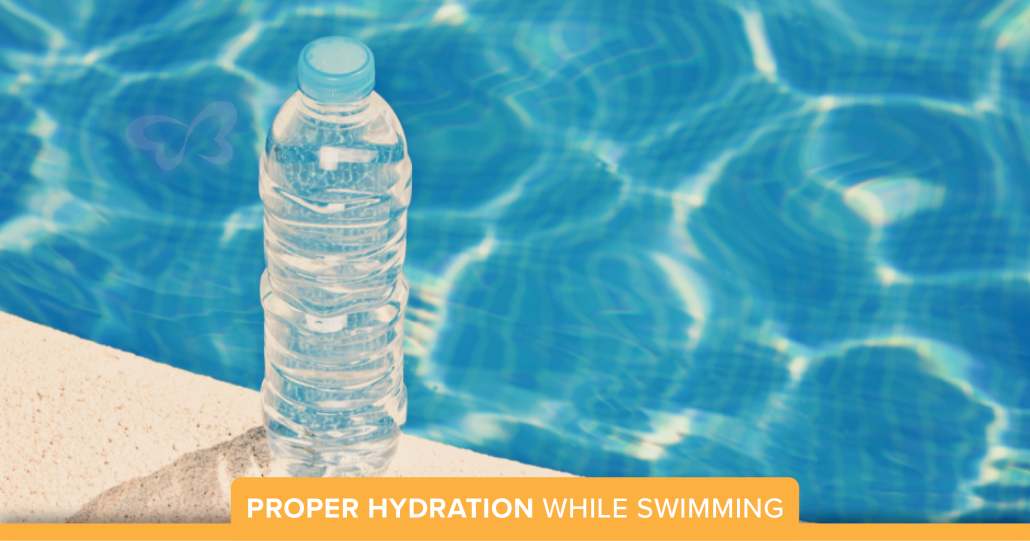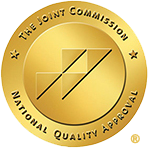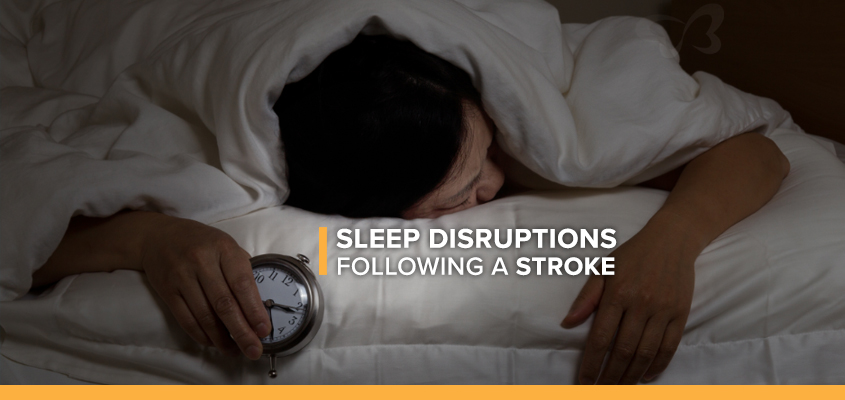
Strokes and Sleep Disruptions
Sleep disruptions or a change in sleep patterns is common after suffering a stroke. More than half of stroke survivors experience problems sleeping in the months following their strokes. Insomnia, sleep-related breathing disorders, and sleep-wake cycle disorders can lead to a slower recovery, depression, or memory problems.
Quality sleep is beneficial for stroke survivors. A good night’s sleep supports neuroplasticity, which is the brain’s ability to restructure and create new neural connections in healthy parts of the brain. This allows stroke survivors to re-learn movements and functions.
There are various ways to minimize sleep disruptions following a stroke, which may include:
- Relaxation, meditation, and mindfulness techniques
- A consistent sleep and bedtime schedule
- Maintaining a cool temperature in the bedroom
- Darkening of the bedroom by eliminating any light from windows, phones, televisions, clocks
- Increased movement or exercise during waking hours
- Airflow and breathing treatments that may include a mouthpiece or a continuous positive airway pressure (CPAP) machine
- Bright-light therapy
- Melatonin
If you or a loved one has experienced sleep disruptions following a stroke, contact a healthcare professional to determine what sleep-assistance options are best for you.
Recent Blogs/News
We invite you to view our recent blogs and news. For your convenience, our latest Post is shown below!
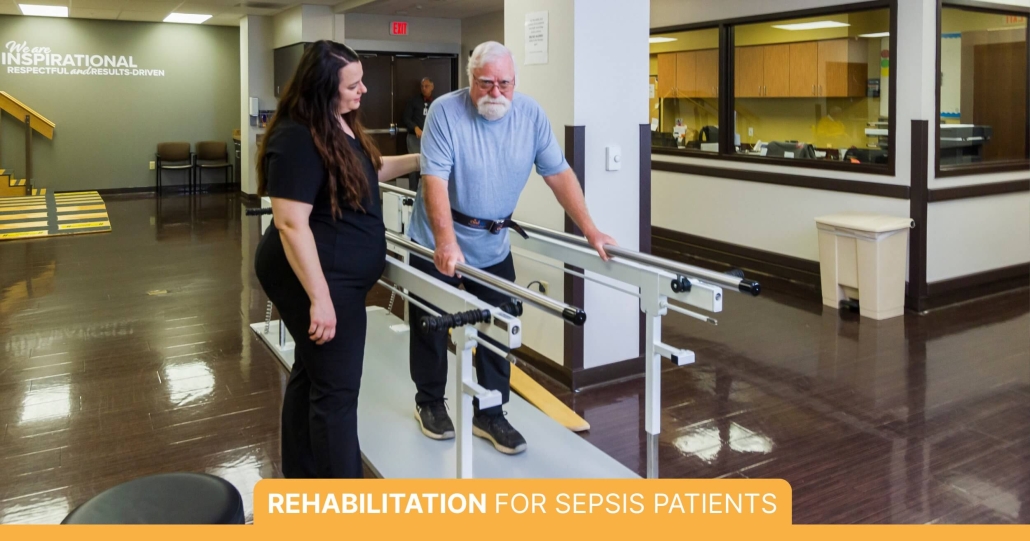 https://clearskyhealth.com/kenosha/wp-content/uploads/sites/13/2025/08/clearsky-blog-rehab-for-sepsis-patients-2.jpg
1313
2500
elv2
https://clearskyhealth.com/kenosha/wp-content/uploads/sites/13/2021/11/Logo_Kenosha.png
elv22025-08-13 05:39:302025-08-15 16:05:19Rehabilitation for Sepsis Patients
https://clearskyhealth.com/kenosha/wp-content/uploads/sites/13/2025/08/clearsky-blog-rehab-for-sepsis-patients-2.jpg
1313
2500
elv2
https://clearskyhealth.com/kenosha/wp-content/uploads/sites/13/2021/11/Logo_Kenosha.png
elv22025-08-13 05:39:302025-08-15 16:05:19Rehabilitation for Sepsis Patients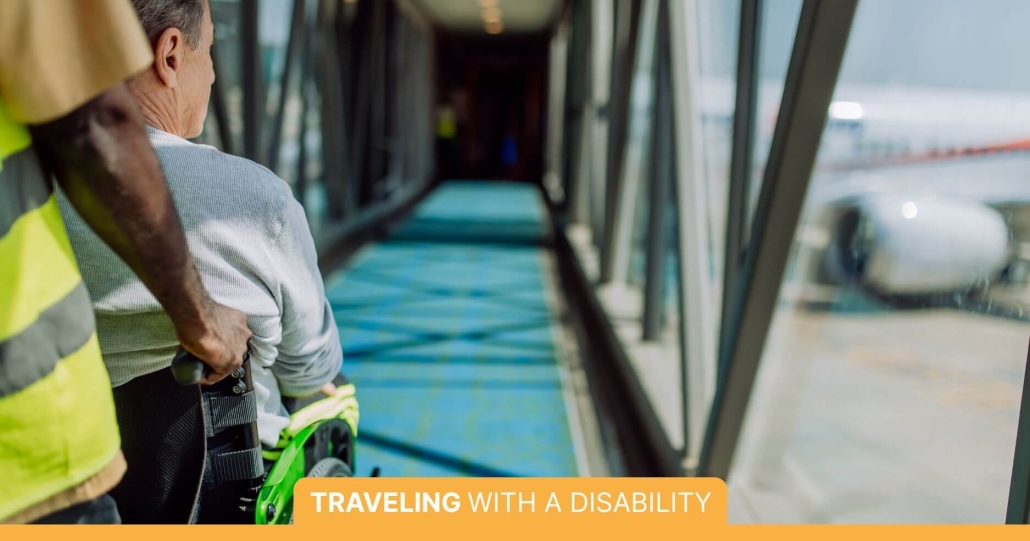 https://clearskyhealth.com/kenosha/wp-content/uploads/sites/13/2025/07/clearsky-blog-traveling-with-a-disability-2.jpg
985
1875
elv2
https://clearskyhealth.com/kenosha/wp-content/uploads/sites/13/2021/11/Logo_Kenosha.png
elv22025-07-17 15:41:302025-07-18 15:11:58Traveling with a Disability
https://clearskyhealth.com/kenosha/wp-content/uploads/sites/13/2025/07/clearsky-blog-traveling-with-a-disability-2.jpg
985
1875
elv2
https://clearskyhealth.com/kenosha/wp-content/uploads/sites/13/2021/11/Logo_Kenosha.png
elv22025-07-17 15:41:302025-07-18 15:11:58Traveling with a Disability

